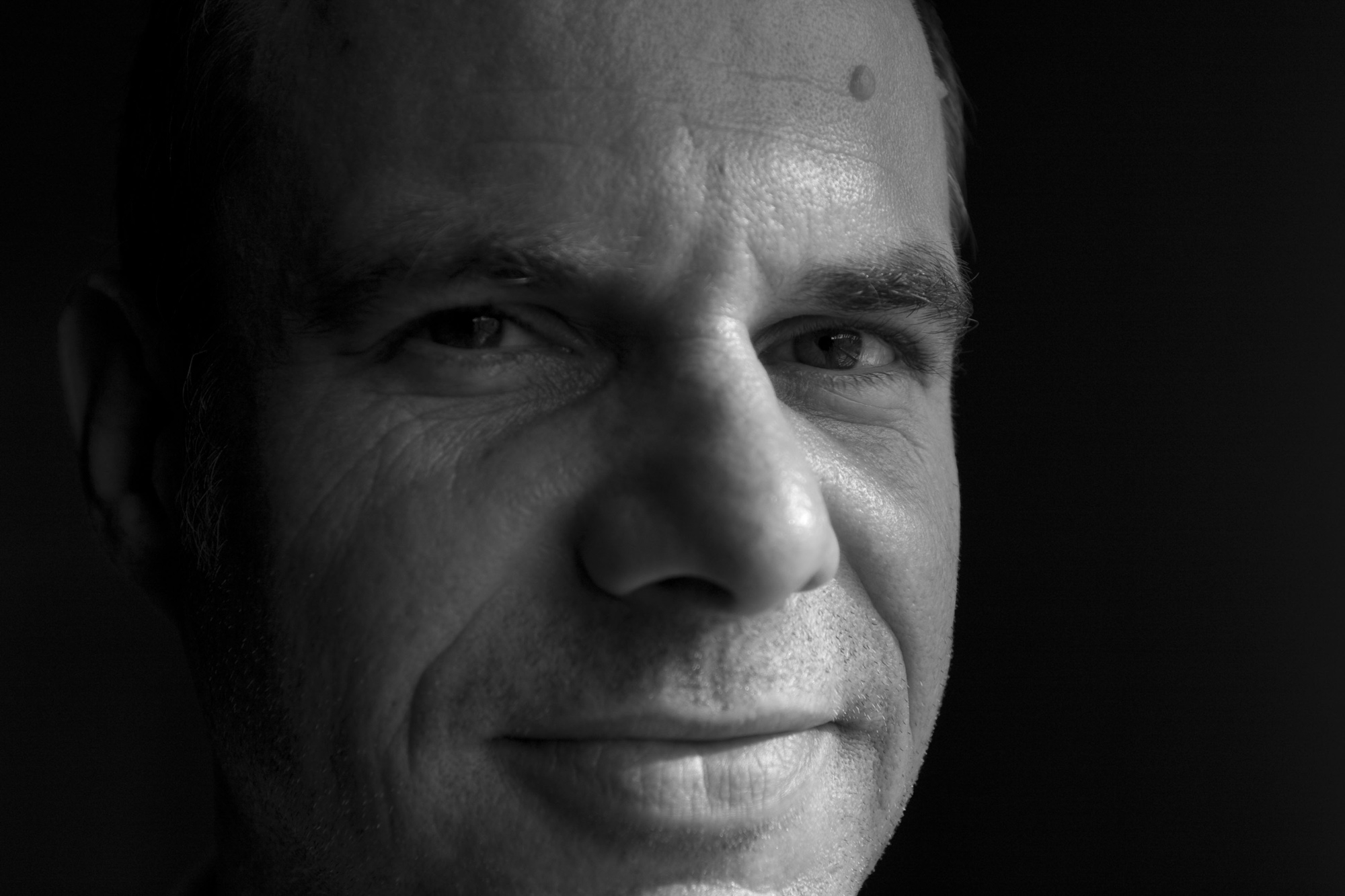Tom Vater is the author of Beyond the Pancake Trench: Road Tales from the Wild East, as well as several other non-fiction titles, travel guides and a novel. His articles are published in a wide range of publications including The Asia Wall Street Journal, Marie Claire and Penthouse. He has co-written several documentary screenplays, including The Most Secret Place on Earth: The CIA’s Covert War in Laos, which has been nominated for several awards. His Moon Cambodia
is published by Moon in the U.S.
How did you get started traveling?
Aside from family holidays, I first started traveling when I was in college. I studied English Literature and Publishing in Oxford and took time off to hitchhike to Amsterdam, sleep in a car in Tenerife, and indulge in bohemian fantasies in Morocco. Then, in the early 1990s, I joined several punk rock bands and spent five years in the back of clapped-out vans touring around almost every country in Europe, including the newly opened eastern European states. Following that, I spent several years in Asia on a collaborative research trip with the British Library’s National Sound Archive, recording and documenting tribal music from Iran to the Philippines.
How did you get started writing?
In school, I published an incendiary essay about a parent representative, which landed me in court before I was 18. I knew then that writing could make a difference. I also helped run the school newspaper and then contributed to the student union paper at college. In between I did an internship with a daily paper in Germany — for which I reviewed heavy metal bands who played for the U.S. armed forces based in the area.
What do you consider your first “break” as a writer?
In 1997, I met two European cyclists in Nepal who needed someone to edit the account of their epic journey from Switzerland to the roof of the world. I helped them put their stories in shape and visited a newspaper office in Kathmandu with them. The paper offered me a writing gig — my first article was a full page spread on Nepali music in The Rising Nepal. A year later I was working for Rough Guides.
As a traveler and fact/story gatherer, what is your biggest challenge on the road?
Making sure I get my facts right. Staying healthy. Staying sane. Staying alive.
What is your biggest challenge in the research and writing process?
Fulfilling a magazine’s agenda, when I am on assignment, is sometimes a challenge. Finding the time and motivation to write material for which payment is not guaranteed, is also a challenge. To remain motivated, I try not to do the same thing over and over. I switch between articles, screenplays, books and guidebooks.
What is your biggest challenge from a business standpoint?
At the beginning it was finances. I came up through small regional magazines in Asia — that was hard. Getting a stable income took years. Success is accumulative. The wider I am published and the more assured my voice becomes, the more work I get. Nowadays the main challenge is finding the right publisher for my book projects. It seems inordinately difficult to branch out from travel journalism into travel fiction. Time will tell.
Have you ever done other work to make ends meet?
While in college I did anything to get by — I worked in factories, as a roadie for rock bands, as cashier in a left field cinema, digging coal with gypsies. In recent years, I have occasionally worked as a location researcher for films and as a consultant for NGOs operating in South East Asia. But that’s almost identical to the research work I do for my books.
What travel authors or books might you recommend and/or have influenced you?
Favorites: Marc Behm: The Eye of the Beholder; Jean-Yves Domalain: Panjamon; James Hilton: The Lost Horizon; Ryszard Kapuscinski: The Soccer War; Simon Lewis: Go; Peter Matthiessen: The Snow Leopard and Killing Mr. Watson; Tim Page: Page on Page; Michel Peissel: Tiger for Breakfast.
I recommend any prospective writer to switch off the TV now, and read, read, read.
What advice and/or warnings would you give to someone who is considering going into travel writing?
Ask yourself whether you tend towards security or freedom in life. Forget about a regular income or conventional home-life, certainly while you are trying to establish yourself. You have to be prepared to become something of a transnational to make a success of it (and you will probably need savings).
Travel widely, do your own thing, find your own (writing) voice and don’t become disheartened by the state of the (travel) media industry. Try to work in several fields at once. Write and take photographs, or film. Write articles and guidebooks and novels and cooking recipes — diversify while specializing. If your curiosity is infinite, it might be the ticket for you. Ian Fleming said, “Above all, being a comparatively successful writer is a good life.”
What is the biggest reward of life as a travel writer?
Being a stranger in a strange land, and making a living by observing and commenting on all this strangeness is the biggest reward of all. The wealth of experience I have accrued in the course of work and travels still surprises me sometimes — I have crossed the Himalayas on foot, dived with hundreds of sharks in the Philippines, crisscrossed the U.S. in search of secret history and been left stranded in dozens of train stations, airports and bus terminals around South Asia, Europe and the U.S. On my journeys, I have joined beggars and kings, sea gypsies and nomads, pilgrims and soldiers, secret agents, pirates, hippies, artists and prophets. Everyone put up with me longer than I probably deserved.

